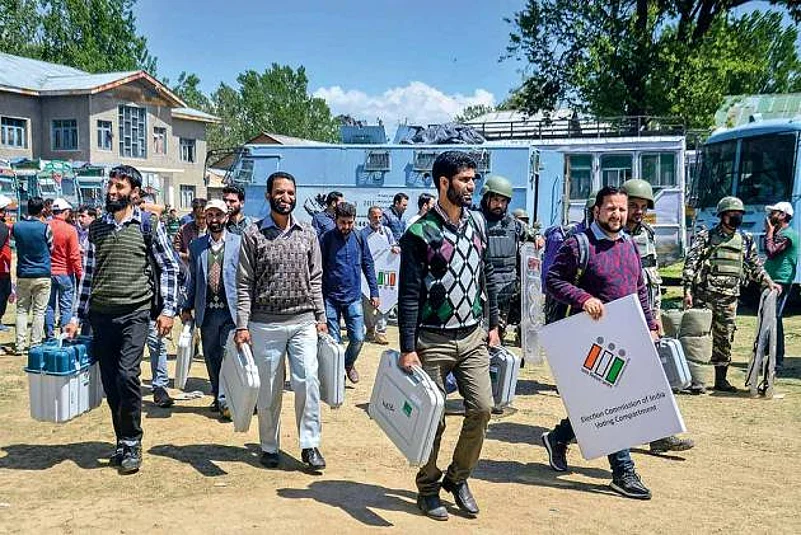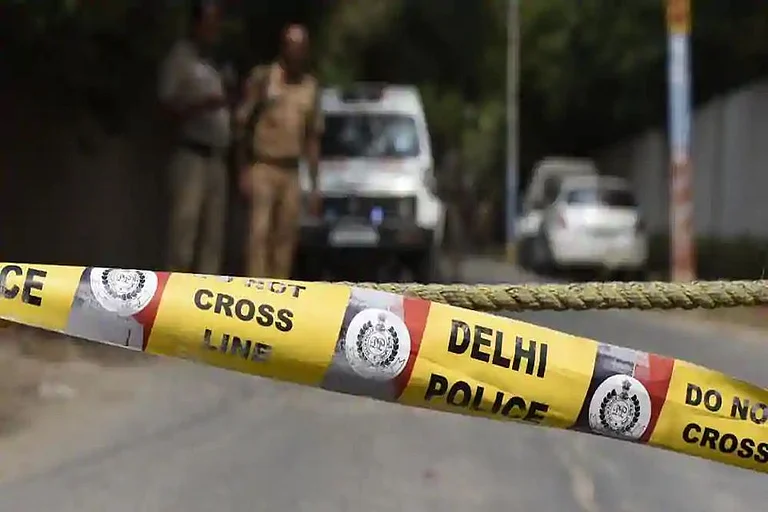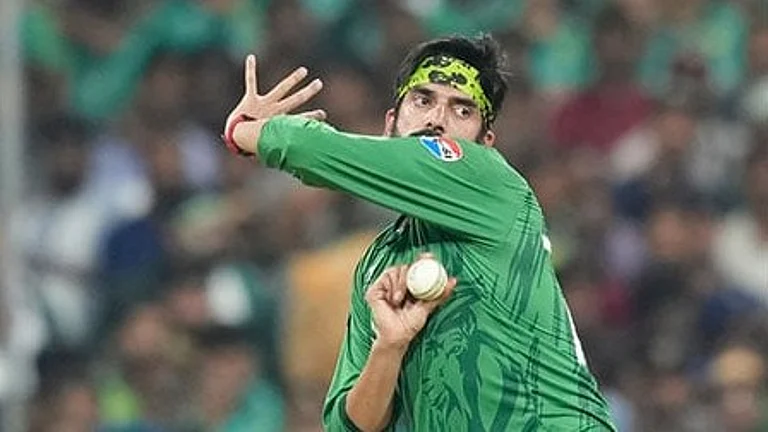People all over the country are waiting for May 23, when the Lok Sabha election results will be declared. But it is an especially significant day for Kashmiris, many of whom are apprehensive that if a BJP government returns to power, it would take decisions detrimental for the Valley.
In its manifesto, BJP has declared that it would annul Articles 370 and 35A of the Constitution. The former provides special autonomous status to Jammu and Kashmir and the latter endows certain privileges to ‘permanent residents’, such as the right to own property and employment under the state government. During the poll campaign, BJP leaders, including Rajnath Singh and Amit Shah, repeatedly called for reviews of both the articles and Prime Minister Narendra Modi blamed former PM Jawaharlal Nehru’s policies for the current crises in the state.
In response, mainstream political parties in the Valley talked at length about the importance of the provisions. Former chief minister and National Conference vice president Omar Abdullah said that if Article 370 goes, the relationship between India and Kashmir would become just a military one. Former chief minister and PDP chief Mehbooba Mufti claimed that if the Centre scraps the articles, India’s relation with Jammu and Kashmir would be over.
Political analysts in Kashmir say it is rare for people from the state to keenly watch the parliamentary polls, but this time, things are different. “There are many reasons for it. One is that the BJP made J&K part of its election campaign—as if the elections were all about Kashmir. People are also worried as the party has created hysteria about Kashmir and has kept the Valley on edge for the past 7-8 months,” declared a political analyst. “Governor rule in J&K was earlier known for development. But the present regime has only created crisis after crisis. That is why there is anxiety about the outcome of the parliamentary polls.”
Operations of the National Investigation Agency have intensified in the past few months. The agency questioned many, including Mirwaiz Umar Farooq, chairman of Awami Action Committee, at its headquarters in New Delhi. It also arrested separatist leader and JKLF chief, Yasin Malik.
There is also a section in the state which believes that the hardline approach of the BJP government has internationalised the Kashmir issue and if it wins another term, Kashmir will remain in the focus of Western powers.
Political parties fear that if the Modi government returns to power, there could be a further delay in Assembly elections in the state. The PDP-BJP government was formed in March 2015 after prolonged negotiations between BJP general secretary Ram Madhav and former PDP leader Haseeb Drabu. The parties came up with the Agenda of Alliance that promised hope, but there was no progress on the agenda.
When their government fell in June last year, both parties accused each other of derailing Kashmir. “Statements of mainstream parties of Kashmir create a separatist psyche and it is not acceptable to ‘new India’,” remarked Finance Minister Arun Jaitley. “Unacceptable is a new India where those who kill and lynch in the name of religion are feted and garlanded,” retorted former Mehbooba Mufti. “If standing up for my people makes me a separatist and anti-national, then it’s a badge I will wear with honour.” In October 2015, cow vigilantes attacked a truck near Udhampur on the Srinagar-Jammu highway and immolated 18-year-old Zahid Rasool Bhat of Anantnag. The suspects were agitated over rumors of cow slaughter in the area.
“The last five years have been a period of immense despair,” says bureaucrat-turned-politician Shah Faesal. “A record number of educated youth picked up arms and got killed. Political dissidents were dealt with a heavy hand. The BJP-PDP coalition government threw the state back into a vortex of instability. A near-war situation developed between India and Pakistan. There was an unprecedented boycott of the recently concluded parliamentary elections. Kashmiris are desperately waiting for the Union government to free itself from election hysteria and engage with the state afresh.”
“The current government at the Centre looks at killing and maiming as normal in Kashmir,” said Tanvir Sadiq, advisor to Omar Abdullah. “There is a view that if the government changes, there will be some sort of normalcy in the Valley. That is why everyone is waiting for the outcome of the polls.”


























